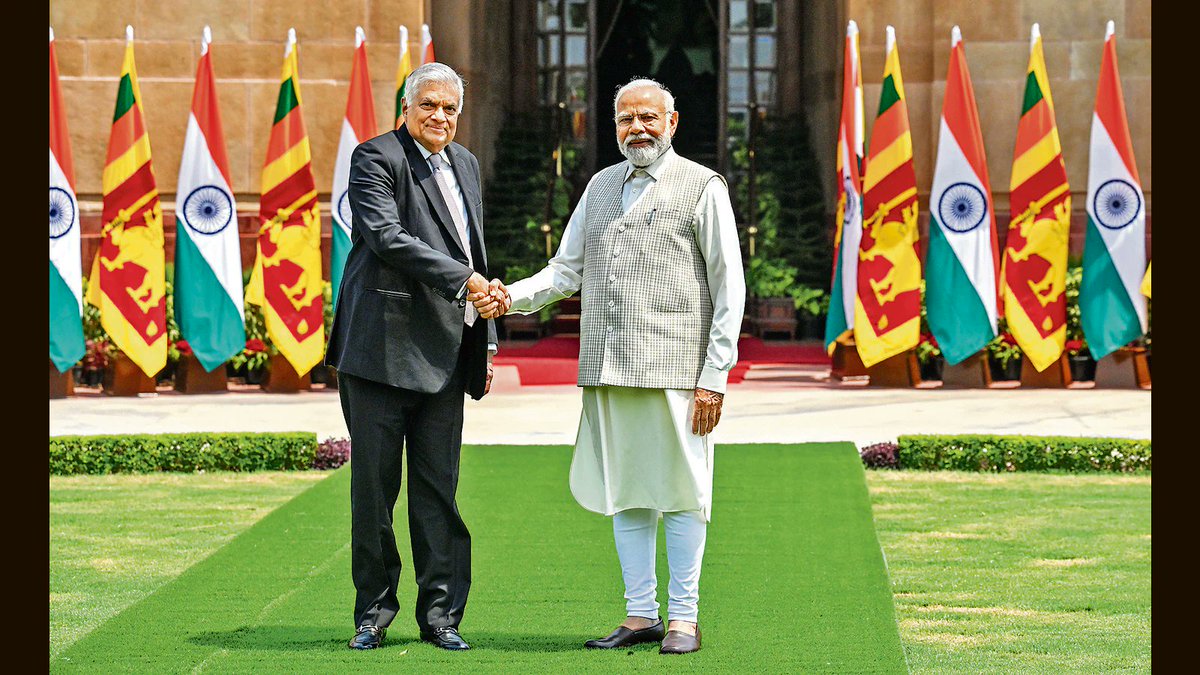Sri Lankan President Ranil Wickremesinghe recently announced that the feasibility study for a proposal to establish land connectivity between Sri Lanka and India is nearing completion. This ambitious project, which aims to strengthen bilateral ties and foster economic growth, represents a significant step forward in the relationship between the two neighboring countries.
The proposed land connectivity, potentially through a bridge or tunnel, promises to enhance trade, tourism, and cultural exchange. By providing a direct link, it would reduce transportation costs and time, facilitating smoother and more efficient movement of goods and people. This development is expected to benefit the economies of both nations and their social and cultural landscapes, creating opportunities for greater collaboration and understanding.
However, the project also presents several challenges that need to be addressed. Environmental concerns, financial feasibility, and geopolitical implications must be carefully considered to ensure the initiative’s success. Both governments in the future need to work closely with stakeholders, including environmental experts, financial institutions, and local communities, to navigate these complexities. As the feasibility study reaches its final stages, it will focus on creating a comprehensive plan that balances development with sustainability and mutual benefit.

